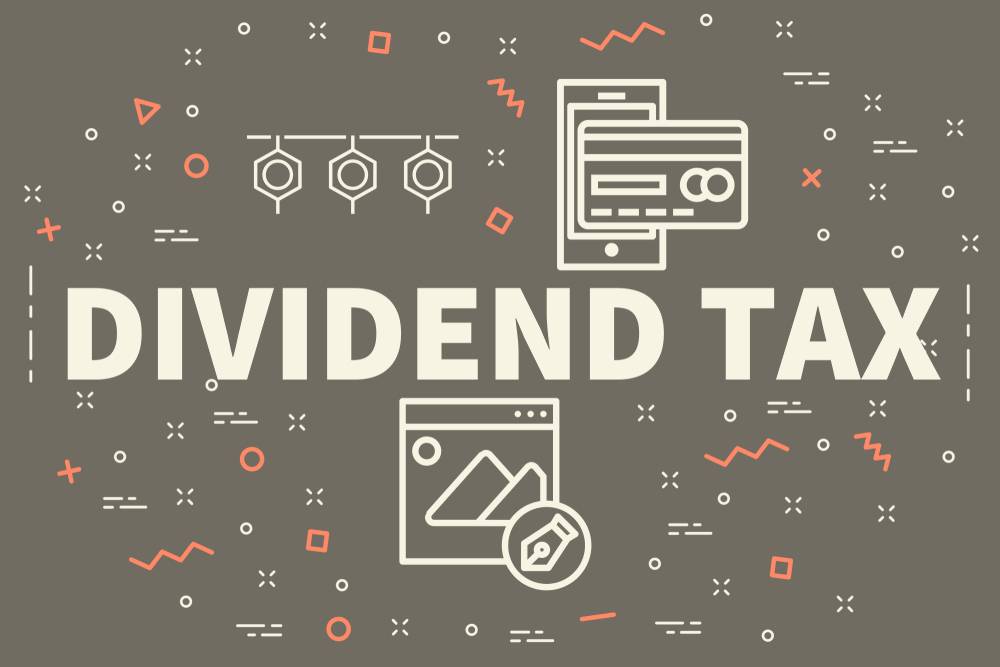 Updated on: March 7th, 2020 3:14 PM
Updated on: March 7th, 2020 3:14 PM
Section 2(22)(e) of Income Tax
Dividend under the Income Tax Act includes any advance or loan provided by a company to its shareholders. The concept of dividend is applicable to all corporate entities in which the public is not substantially interested. Section 2(22)(e) of the Income Tax Act deals with the concept of dividend. Under the Income Tax Act, dividend includes any income which is treated as a dividend, despite not being distributed by a closely held company. This article discusses the taxability of dividends under Section 2(22)(e) of the Income Tax Act.Applicability
Section 2(22)(e) of the Income Tax Act mandates that deemed dividends are loans or advances extended by a company (barring a closely held one) to the following personnel:- A shareholder who is the beneficial owner of shares, and holds a minimum of 10% of the voting rights. It may be noted that the shares so held should not be entitled to a fixed rate of dividend.
- Any concern in which the shareholder of the company is a member or partner holding a substantial interest.
- On behalf, or for the individual benefit of such shareholder, to the extent specified by law.
Taxability
- Dividend income would incur tax in the year of declaration/distribution/payment. Shareholders were not taxed for receiving dividends, given that Dividend Distribution Tax (DDT) is exempted from income tax. The theory was not applicable to dividends, wherein the shareholders would be incurred with a marginal tax rate. With effect from 01.04.2020, there is no need to pay dividend distribution tax at the time of providing dividends. Hence, companies are saved from financial and compliance burdens.
- Dividend Distribution Tax (DDT) refers to the income tax paid by a company on the dividends distributed to members. In the Union Budget presented on 1st February 2020, the Finance Minister announced that with effect from 01.04.2020, DDT would not be applicable. Hence, tax on dividends would be paid by the individual investors. Thus, the Government has shifted the burden of dividend-taxation from companies to individuals.
- DDT is a levy of tax which is applicable in addition to the regular income tax. All Indian companies are required to pay DDT. The liability to pay DDT does not extend to a foreign company. The applicability of DDT will hold good whether the dividend amount is declared, distributed, or paid. DDT applies to both interim and final dividends. The liability for DDT should be met whether DDT is paid out of current profit or accumulated profit. The liability for DDT can be avoided in case the assessee is a Special Economic Zone (SEZ), Pension Trust, or International Financial Services Centre (IFSC).
- The Government of India has contemplated taking measures to ensure the levy of Dividend Distribution Tax (DDT) on the deemed dividend at the rate of 30% in the hands of the closely held companies to dissuade them from hiding dividend in the form of loans or advances. As deemed dividend under section 2(22)(e) could potentially be included under the purview of DDT, the exemption provided for the latter would be applicable to shareholders, and the particular deemed income will not be included in the purview of tax.
Determining Conditions
The following conditions determine the taxability of dividends:- While the receiving company can be public or listed, the paying company must not be a closely held company.
- The loans or advances so extended by the company must not be in the ordinary course of business.
- The shareholder must have assigned the company as a creditor.
- The dividend would only be considered to the extent of accumulated profits of the company (accumulated profits refer to all the commercial profits of a company up to the date of distribution/payment/liquidation).
Exemptions
As per the provisions of the Income Tax Act, the following types of transactions would not incur tax under this provision:- Transaction for loan or advance is made in the ordinary course of action in a business where money lending plays a substantial role. However, such a business can only be operated with an RBI license (except for NBFCs).
- Subsequent dividends paid by a company to the extent of set-off against any loan or payment earlier treated as a dividend. However, such a dividend is taxable if it is not set off.
- Payments made by a company with the object of buying back its own shares.
- Distribution of shares by the resulting company to the shareholders of a demerged company.
- Inter-corporate deposits.
Popular Post

In the digital age, the convenience of accessing important documents online has become a necessity...

The Atalji Janasnehi Kendra Project that has been launched by the Government of Karnataka...

The Indian Divorce Act governs divorce among the Christian couples in India. Divorce...

When an individual has more than a single PAN card, it may lead to that person being heavily penalised, or worse,...

Employees Provident Fund (PF) is social security and savings scheme for employee in India. Employers engaged...


